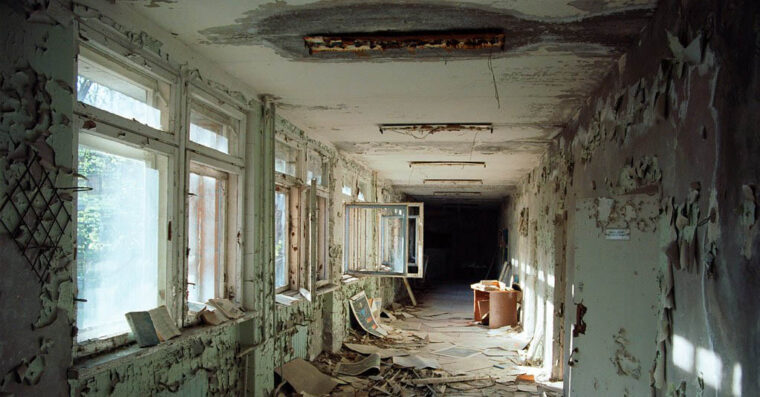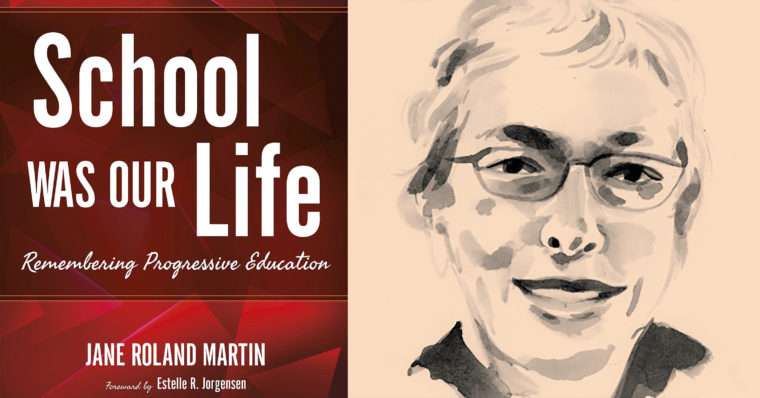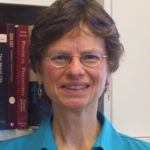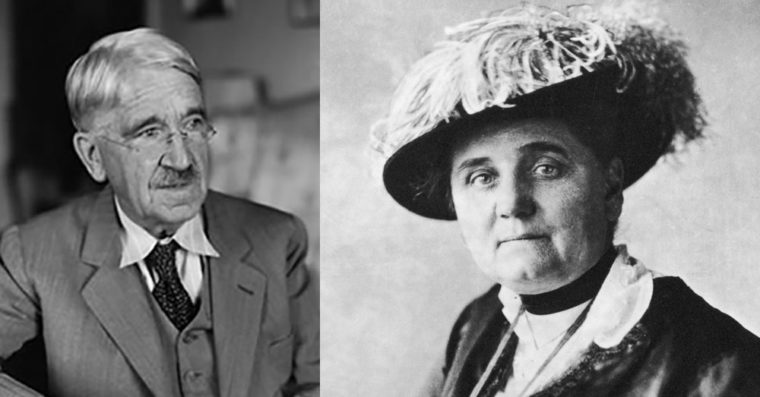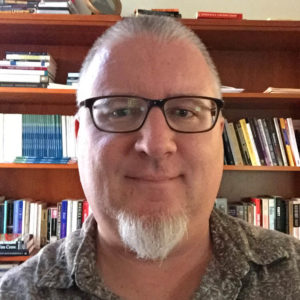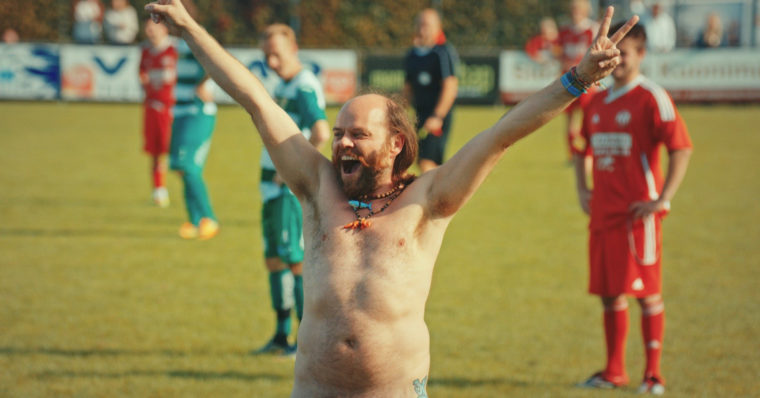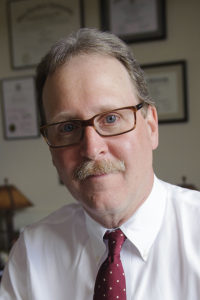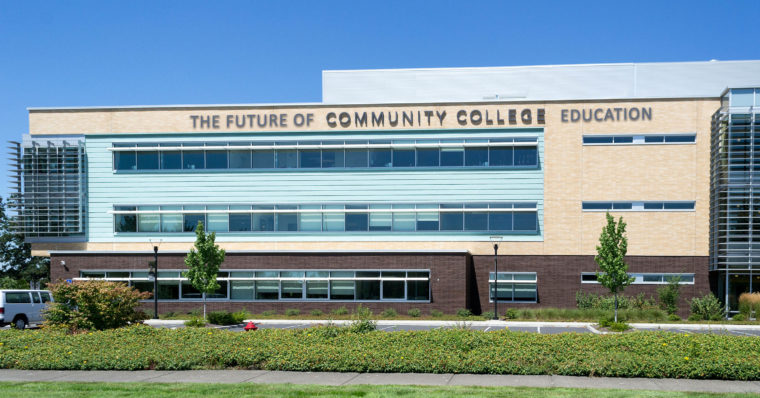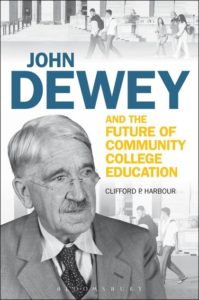SOPHIA’s Executive Director Eric Thomas Weber created this SOPHIA one-sheet for the facilitation of a conversation with the Albuquerque Philosophy Collective, our SOPHIA Chapter in Albuquerque, New Mexico. The prompts on this one-sheet consider both current matters involving education in the time of the COVID-19 pandemic crisis, as well as broader, continuing crises in education concerning real problems as well as problems of misunderstanding concerning education.
The COVID-19 pandemic prompted nations around the world to make sudden and radical changes to schooling practices in the spring of 2020. For a generation prior to the pandemic, scholars and critics of all stripes have proclaimed a variety of crises in education, from questions of whether students are learning anything and are being “left behind” to concerns over inequality and inadequacy of school funding. In 2020, the health crisis saw kids returned home without plans for how parents and guardians would care for their children and the economic effects of the virus and quarantining practices put many people out of work. There have emerged two narratives of crisis in education, then, one long-standing concern over how best to educate people and another about education in times of crisis. This SOPHIA one-sheet presents two prompts, which can either be considered in sequence or separately, in two different meetings.
Click on the Adobe PDF logo on right, on the featured image hereabove, or here to open a printable, Adobe PDF version of the one-sheet.
Special thanks go to the Albuquerque Philosophy Collective and especially to Ty Camp for prompting the creation of this one-sheet and inviting Executive Director Weber to meet with their dynamic and energetic SOPHIA chapter in September of 2020!



